Publisher of the Month with Rachel Bin Salleh
What was your pathway to publishing?
Unusual and accidental. My Uncle, who was on the management board of Magabala Books, told my dad there was a job going. I was nineteen and needed a job, so I sent my CV. I had zero experience in publishing, had never heard of Magabala, and didn’t choose the ‘pub’ life. After a two-hour phone interview, Peter Bibby, the then managing editor, told me I had the job and asked me when could I get there. I was in Perth at the time. A week later I stole my brother’s bike, packed my bag, and got on a plane. I was first employed as a project editor. Sometime later, Magabala had three positions for trainee editors. I performed so badly at the interview that the committee didn’t want to give me the job, but for some reason they did. I learnt everything on the job and in later positions. I have had the most amazing teachers throughout my career.
How many titles do you publish each year?
We’ve capped the titles between fourteen and sixteen. We’re a small team: to do justice to our creators and books, we’re committed to doing them well and within our capacity.
Which book are you proudest of publishing?
Continue reading for only $10 per month. Subscribe and gain full access to Australian Book Review. Already a subscriber? Sign in. If you need assistance, feel free to contact us.


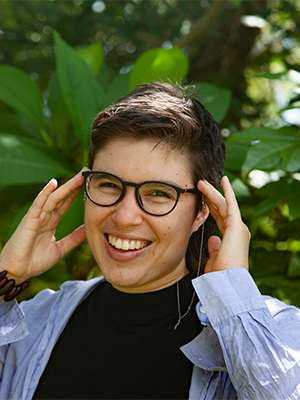
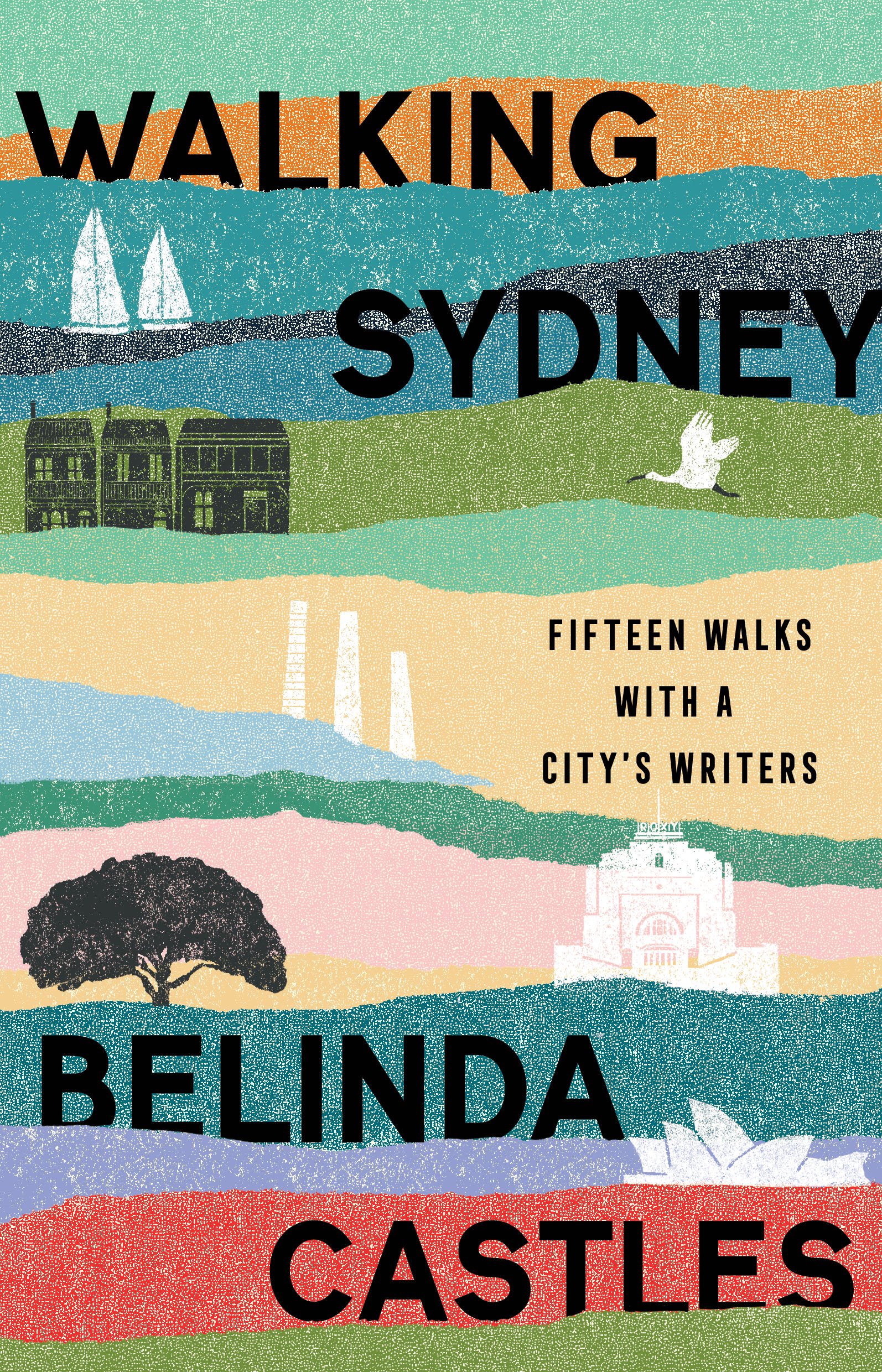
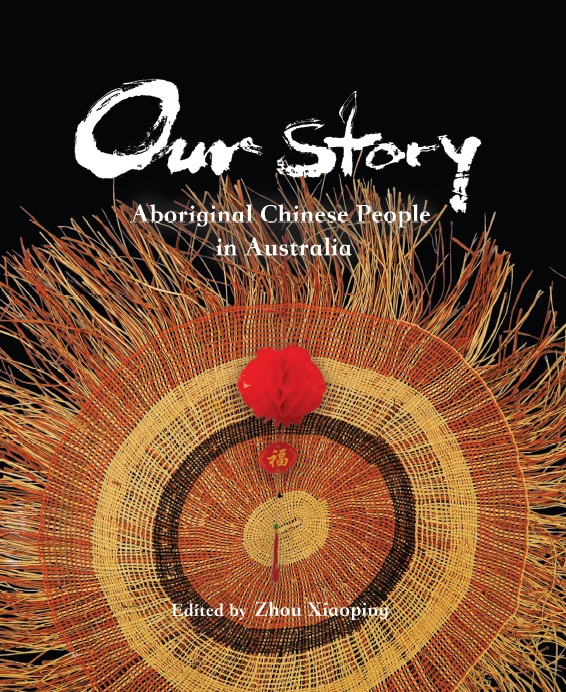
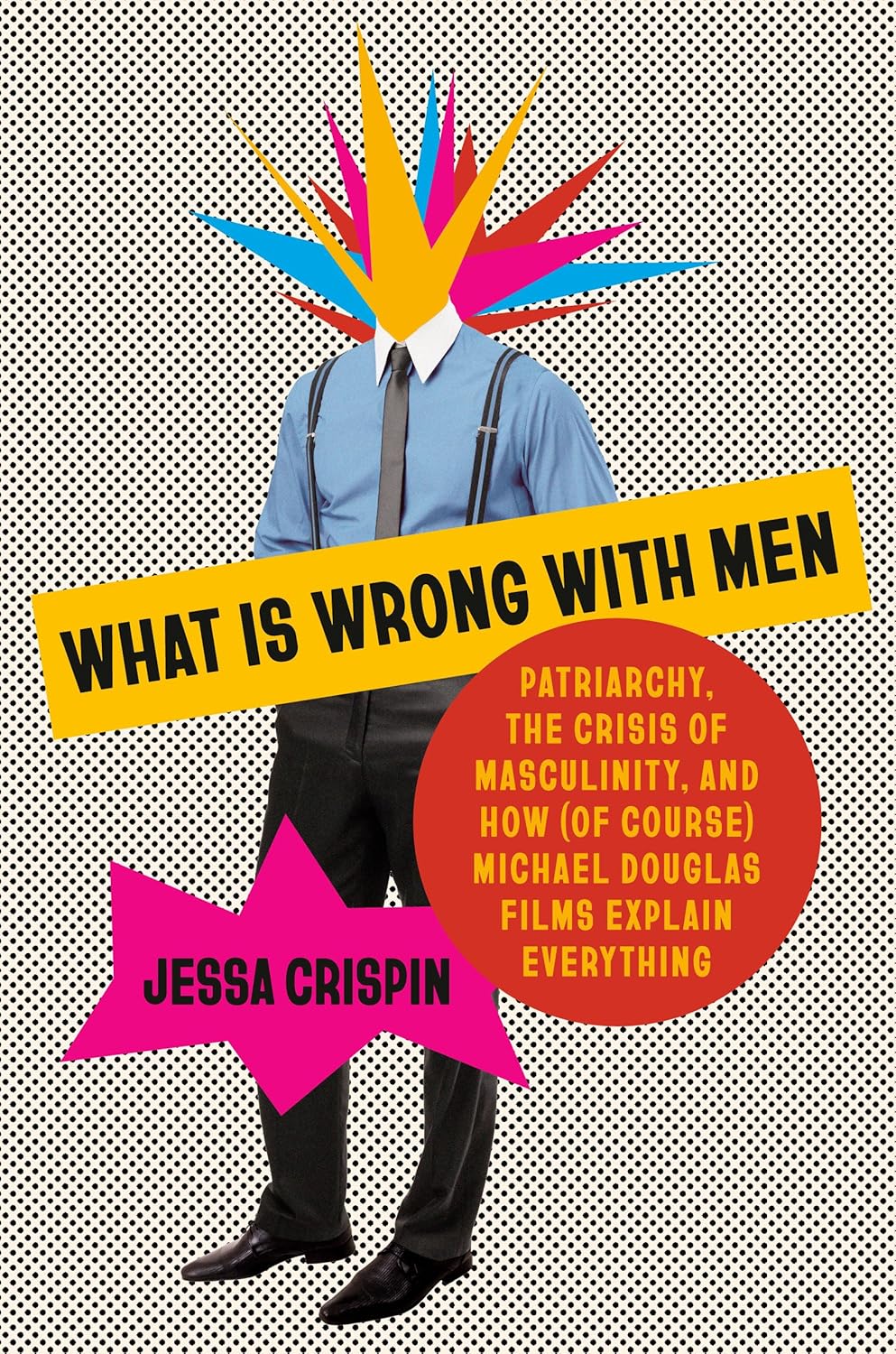

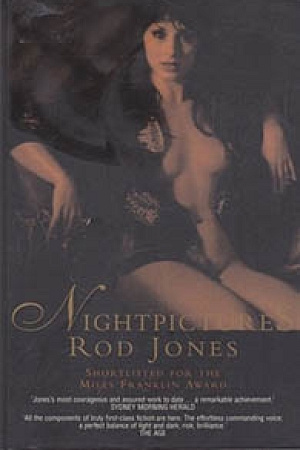

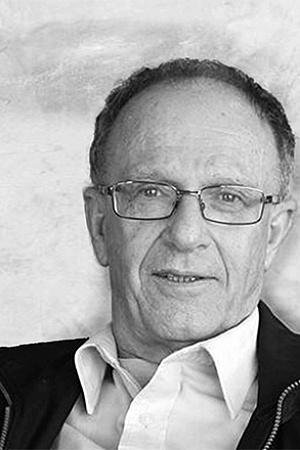
Leave a comment
If you are an ABR subscriber, you will need to sign in to post a comment.
If you have forgotten your sign in details, or if you receive an error message when trying to submit your comment, please email your comment (and the name of the article to which it relates) to ABR Comments. We will review your comment and, subject to approval, we will post it under your name.
Please note that all comments must be approved by ABR and comply with our Terms & Conditions.